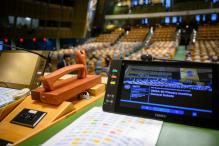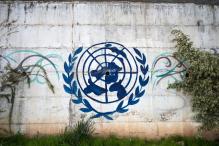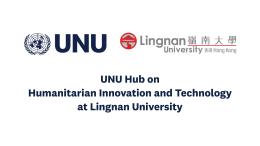Since the early 2000s, international and regional organizations as well as States have increasingly imposed various measures that aim to control, restrict or prohibit interactions with certain States, groups or individuals, for political, social and military ends. These ends have included upholding the international security order, deterring violations of human rights, frustrating the pursuit of weapons of mass destruction and nuclear proliferation, and blocking sponsorship of or engagement in terrorism. Conversely, for the past few years, increasing assertions have been made inside and outside the humanitarian community that, as a result of these international restrictive measures, the space for principled humanitarian action has been shrinking.
As part of the ongoing UN Sanctions and Humanitarian Action project, this paper offers an overview of research conducted on the interplay of UN sanctions and humanitarian action and provides a roadmap for future research endeavours. It situates this issue as the third in three waves of UN sanctions reform. It traces how it emerged within the counter-terrorism sphere and seeks to summarize the research findings on the impact of counter-terrorism measures on humanitarian action, noting differences between counter-terrorism measures in general and sanctions (including counter-terrorism sanctions) in particular. The paper outlines a new path for policy research; one focused on the remaining thirteen UN sanctions regimes, all of which largely fall outside of the counter-terrorism space. The paper concludes with clarification of key terms and an articulation of why establishing further evidence on this issue is critical to both the legitimacy and the effective use of UN sanctions.



